
On the afternoon of October 25, within the framework of the Opening Ceremony and High-Level Conference of the United Nations Convention against Cybercrime ( Hanoi Convention), a side event with the theme "Global cooperation to combat online fraud" took place.
Attending the event were Mr. Pham The Tung, Deputy Minister of Public Security of Vietnam; Head of the Global Programme on Cybercrime and Technology (UNODC) Glen Prichard, Dr. Joshua James, Regional Coordinator for Cybercrime at UNODC, Mr. Rob Abrams, Head of the Asia- Pacific Law Enforcement Cooperation Department of Meta Group, and delegates from countries attending the signing ceremony of the Hanoi Convention.
Online fraud has evolved into an "industrialized" model.
In his opening speech, Deputy Minister Pham The Tung gave an overview of the situation of technology crimes in the world as well as in Vietnam. The Deputy Minister said that high-tech crimes and online fraud are becoming more and more complicated, with a strong increasing trend and causing great damage to people and countries.
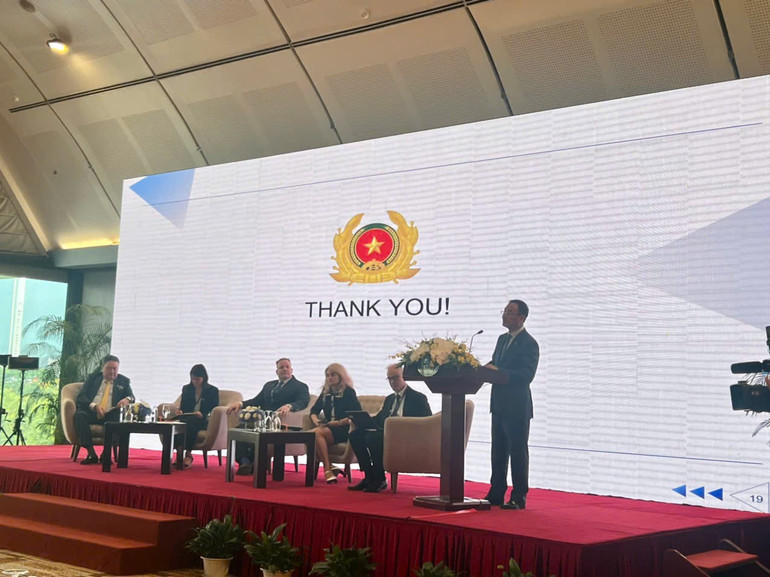
Evidence from Vietnam shows that Vietnam has more than 78.4 million Internet users, accounting for about 80% of the population, and more than 72 million social media users. In 2024, the Vietnamese Ministry of Public Security detected more than 6,000 cases related to online fraud, with total losses of up to 12,000 billion VND.
Common forms of fraud include: impersonating law enforcement agencies, power companies, tax authorities; romance fraud; and investment fraud. Criminals are mainly located in neighboring countries, making it difficult to investigate, arrest, and prosecute.
Participants pointed out that, worldwide, only 4% of online fraud victims recover their assets. 70% of online fraud victims do not report or denounce because they think no one can help them or do not believe that the authorities are capable of helping them recover their lost assets.
They also don’t know who to report or who to report to. Over half of the world’s population encounters online scams every week, and that number is growing. The European Central Bank has recorded a 43% increase in online scam reporting.
With the explosion of this type of crime in countries around the world, online fraud has developed into a large-scale "industrialized" model with complex "fraud center ecosystems". It is not only a common crime but also a threat to national security and domestic security.
Joint action
To investigate online crimes, the panelists mentioned electronic evidence. Electronic evidence is often not in the hands of the police but in the hands of service providers. Therefore, there needs to be a very quick way to obtain and store this data and electronic evidence.
Discussing solutions to proactively deal with online crimes, speakers agreed that coordinated actions are needed between many parties such as the government, the private sector, and the international community.
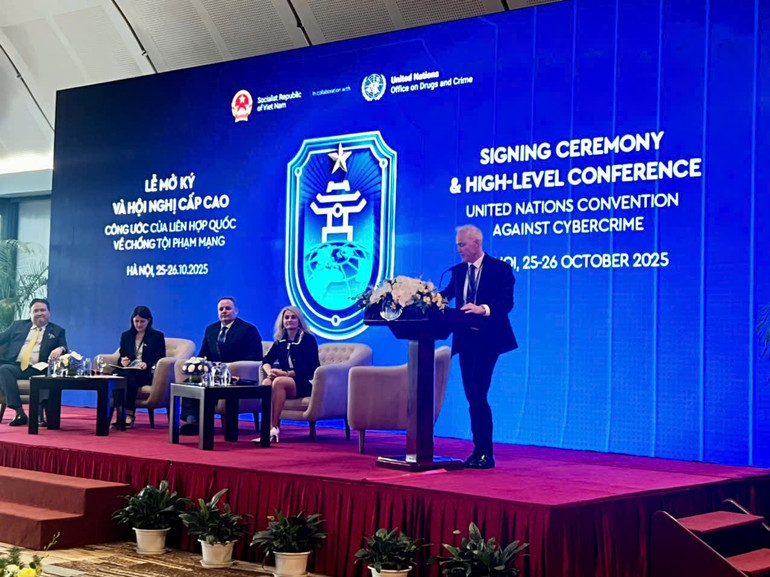
Europe has decided to make online fraud prevention one of its key initiatives. The first initiative is the joint action plan to combat online fraud. This plan focuses on concrete actions to prevent crime.
These include elements of comprehensive cooperation, placing the victim at the center. It requires the involvement of all sectors of society, not only law enforcement, but also the business sector (who have the data). At the same time, awareness and information dissemination need to be increased. It is necessary to help people understand how to prevent such scams from happening to them, as there are different types of scams targeting different segments of the population.
The second initiative is a law enforcement cooperation mechanism. This is a mechanism for law enforcement agencies in the 27 European member states to connect and cooperate. They decide on priorities for the next five years. Putting online fraud at the center of the effort shows the importance of tackling this problem.
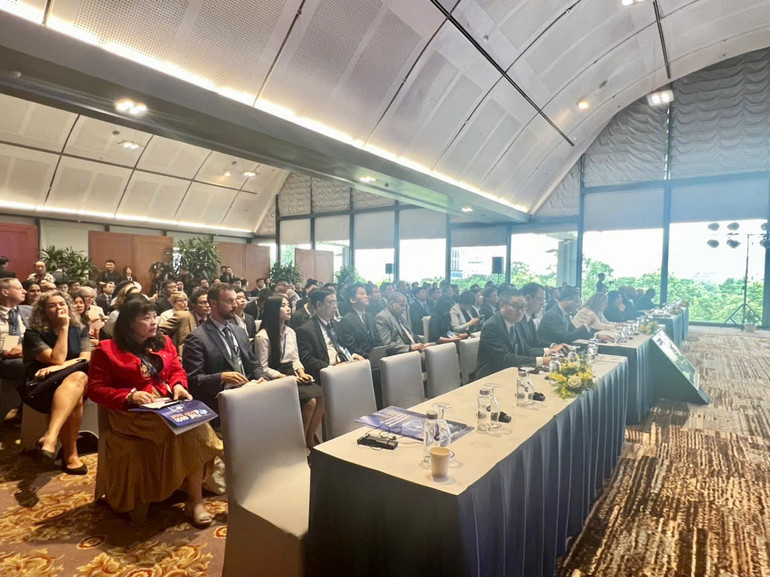
On the Vietnamese side, Deputy Minister Pham The Tung said that the Vietnamese Ministry of Public Security is vigorously implementing solutions to prevent and combat online fraud crimes: Amending and perfecting relevant legal regulations; strengthening the work of grasping the situation, investigating and strictly handling cases; coordinating with cross-border service providers to detect and prevent fraudulent accounts; stepping up propaganda work, warning people about fraud tricks; applying science and technology in the fight against cybercrime.
The Vietnamese Ministry of Public Security welcomes and supports the enhancement of international cooperation in the fight against online crimes, affirming that effectively solving online crimes requires the joint coordination of countries around the world.
Source: https://nhandan.vn/hop-tac-toan-cau-chong-lua-dao-truc-tuyen-post918035.html


![[Photo] Prime Minister Pham Minh Chinh receives United Nations Secretary-General Antonio Guterres](https://vphoto.vietnam.vn/thumb/1200x675/vietnam/resource/IMAGE/2025/10/25/1761390212729_dsc-1484-jpg.webp)
![[Photo] National Assembly Chairman Tran Thanh Man receives United Nations Secretary-General Antonio Guterres](https://vphoto.vietnam.vn/thumb/1200x675/vietnam/resource/IMAGE/2025/10/25/1761390815792_ctqh-jpg.webp)



![[Photo] Prime Minister Pham Minh Chinh and United Nations Secretary-General Antonio Guterres attend the Press Conference of the Hanoi Convention Signing Ceremony](https://vphoto.vietnam.vn/thumb/1200x675/vietnam/resource/IMAGE/2025/10/25/1761391413866_conguoctt-jpg.webp)


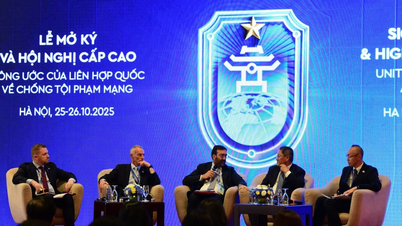










![[Photo] Prime Minister and UN Secretary-General leave together to attend ASEAN Summit](https://vphoto.vietnam.vn/thumb/402x226/vietnam/resource/IMAGE/2025/10/26/1761412417627_a1-7353-jpg.webp)
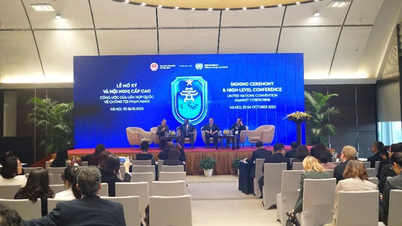
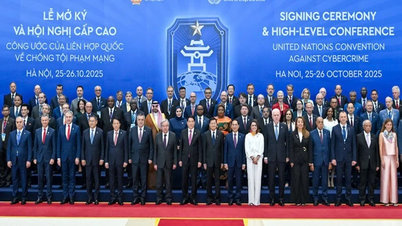


![[Photo] General Secretary To Lam meets with General Secretary and President of Laos Thongloun Sisoulith](https://vphoto.vietnam.vn/thumb/1200x675/vietnam/resource/IMAGE/2025/10/25/1761380913135_a1-bnd-4751-1374-7632-jpg.webp)










































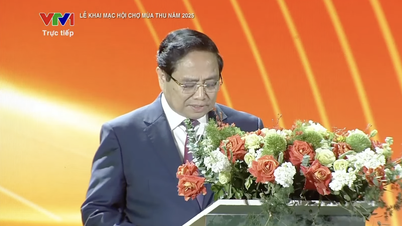









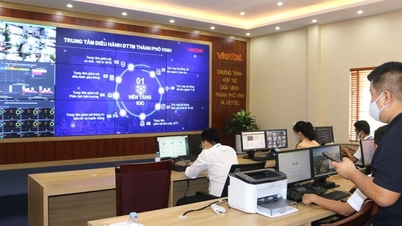




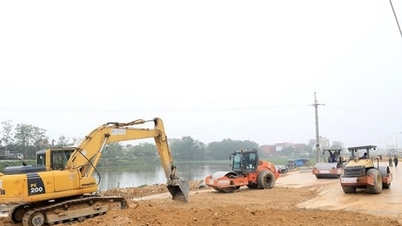

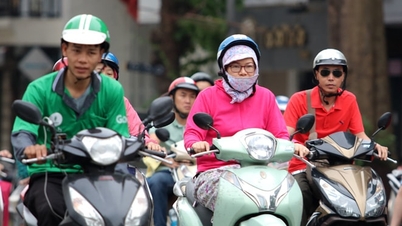






















Comment (0)